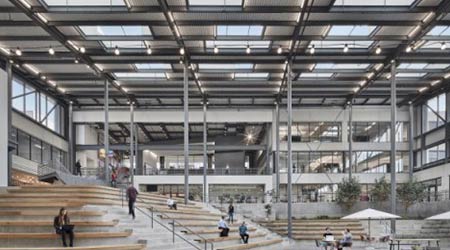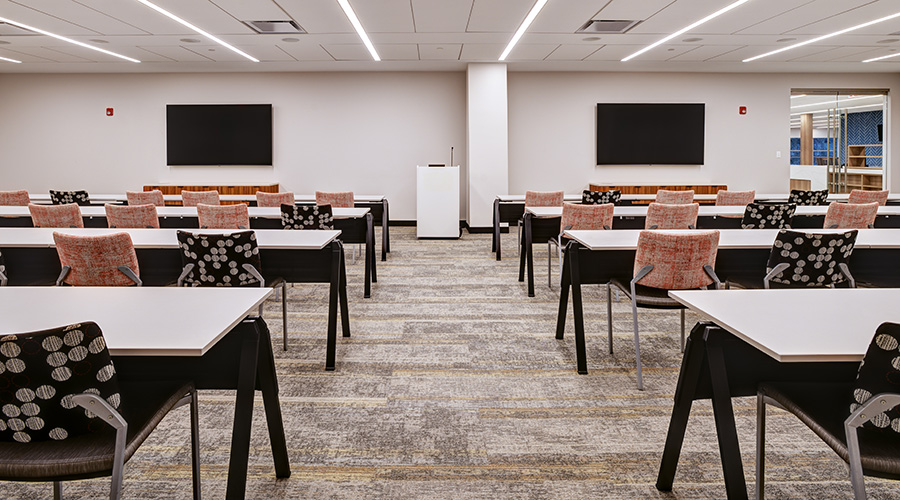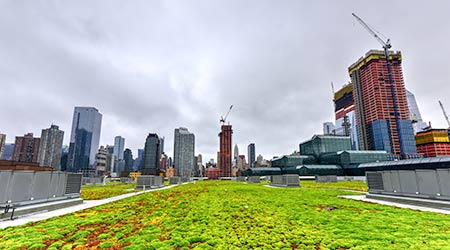
New Jersey Building Recognized as LEED Project of The Year
May 17, 2019
Maintenance and engineering managers are always looking for ways to make their commercial and institutional facilities more energy efficient. Whether it’s an LED, water conservation, or HVAC renovation there are a number of measures they can take to ensure energy efficiency.
When those measures are combined, the end result can be very rewarding.
The newly redeveloped Unilever North America headquarters building in Englewood Cliffs, N.J., has received LEED Platinum certification from the U.S. Green Building Council (USGBC). The certification process assesses buildings across several categories including: location and transportation, sustainable sites, water efficiency, energy and atmosphere, materials and resources, indoor environmental quality, innovation and more.
As further recognition of the building as one of the most sustainable and technologically advanced redevelopments recently completed in the New York metropolitan area, Unilever’s building has been named the LEED Commercial Project of the Year by the USGBC in New Jersey. The project was also recognized by the New Jersey Business & Industry Associate New Good Neighbor Award, according to Yahoo News.
Plans for the new corporate headquarters launched in 2014 in support of the Unilever Sustainable Living Plan, which calls for the consumer goods company to reduce its carbon footprint by 50 percent while doubling its business. The new building unified four office buildings f into a single, state-of-the-art workplace. The project was completed in 2018.
“At Unilever, we believe we have a responsibility to make sure our operations leave as small a footprint as possible on our planet while also providing our employees with a safe, healthy, and productive work environment,” said Unilever North America Workplace Director Nathaniel Barney. “We are proud to earn the LEED Platinum certification as a result of these efforts.”
The 325,000 square foot renovation included interiors, as well as the construction of an entry pavilion and common area that stitched together the open space between individual buildings to create an entirely new, enclosed structure. The efficient building achieved a 41 percent reduction in square footage, while being able to house more employees, which means less resources are needed to light and climate control the building.
The final building design incorporates smart technologies that record data and automate the building’s features and functions, including Internet of Things (IoT) systems that enable the building to learn from occupants’ behaviors and remember their preferences. The entire project was carried out with sustainability at the heart of the strategy.
Ryan Berlin is digital content manager of Facilitiesnet.com.
Next
Read next on FacilitiesNet












